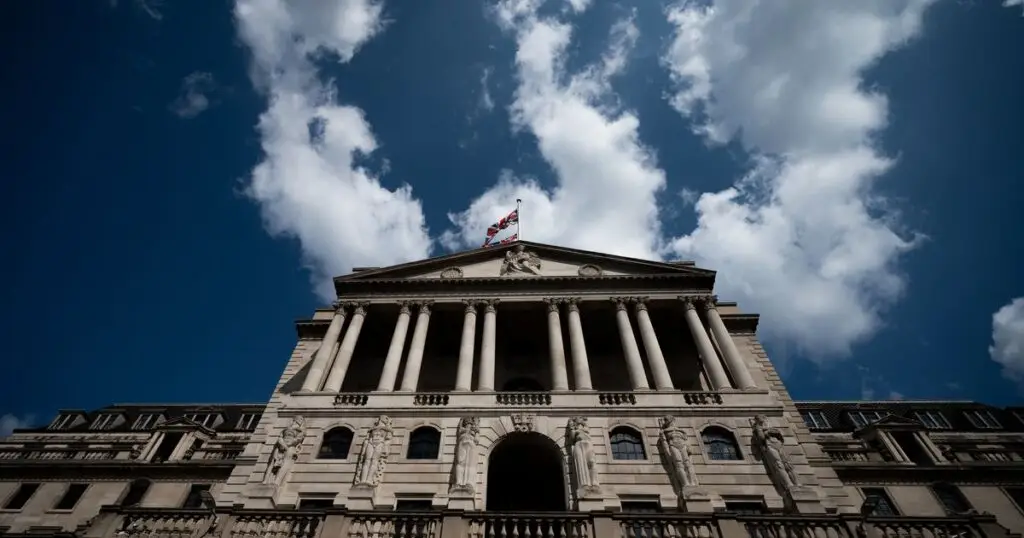Inflationary dynamics appear to be
Catherine Mann, a prominent member of the Bank of England’s Monetary Policy Committee (MPC), has issued a stark warning about the current state of inflation within the United Kingdom. Speaking in Lithuania, Mann emphasised that inflation has become systematically embedded in the UK economy, advocating for a “guarded” approach toward reducing interest rates to address this issue. Her comments reflect a cautious stance against premature rate cuts, highlighting the complex nature of the inflationary pressures facing the nation.
Mann highlighted structural behaviours in UK labour and product markets as key factors contributing to the persistent inflation. According to her, recent economic shocks have altered wage and price-setting behaviours, leading to an environment where inflation remains elevated. She noted that if workers demand higher wages to offset losses in purchasing power, wage growth could keep service sector prices above target levels.
“Workers may reasonably seek sustained above-equilibrium wage growth to recover the loss in purchasing power caused by the shocks I’ve described,” Mann said, underscoring the potential long-term impact on inflation. These structural shifts have, in her view, contributed to a rise in the neutral interest rate—the rate at which the economy operates at full capacity with stable inflation. Consequently, she argued that existing monetary policy might have been less restrictive than the Bank’s models suggested.
Mann also raised concerns about international economic conditions and their impact on the UK. She pointed out that the diverging trajectory of interest rates among major economies could significantly influence the domestic outlook. “As a small open economy, the macroeconomic and monetary conditions of the UK’s largest trading partners matter significantly for the domestic outlook,” she remarked, urging caution amidst uncertainties surrounding the US economy and the Federal Reserve’s future actions. She warned that a “dovish” stance by the Bank of England could weaken sterling, thereby impacting import prices and further complicating the inflation scenario.
Nevertheless, Mann recommended a swift reduction in interest rates once inflationary pressures are thoroughly under control. “It is better, under inflation uncertainty, to remain restrictive for longer, until right tail risks to the inflation process dissipate, and then to cut more aggressively,” she explained. Her statement comes in the wake of the Bank of England’s recent decision to maintain interest rates at five per cent, with an 8-1 vote in favour. This decision underscores the institution’s cautious approach amidst ongoing inflationary challenges.
Catherine Mann’s advocacy for a guarded approach to interest rate reductions highlights the complexities and uncertainties surrounding the UK’s embedded inflation. Her insights into wage and price-setting behaviours, along with the significance of international economic conditions, underline the need for a carefully balanced monetary policy.

